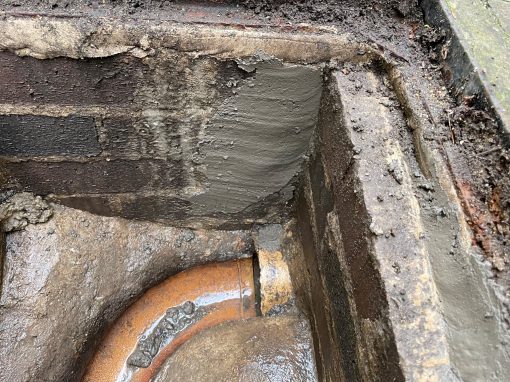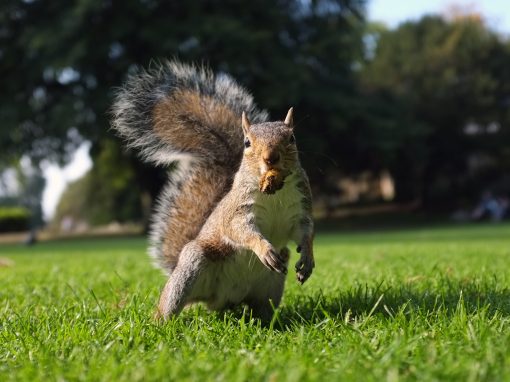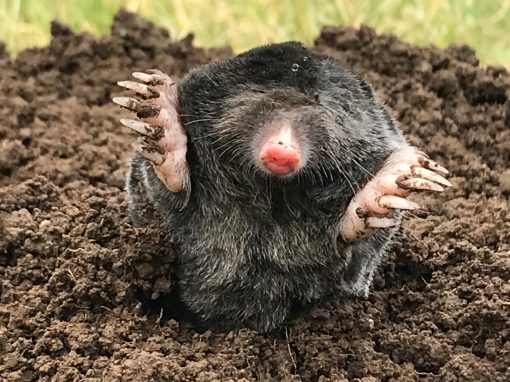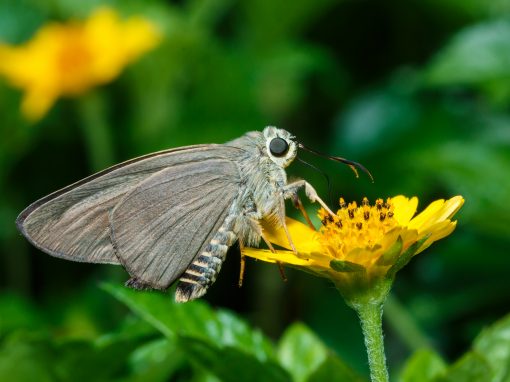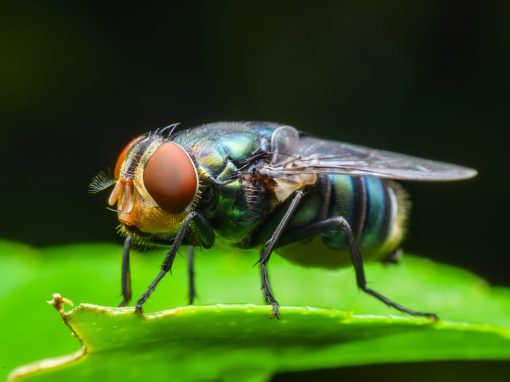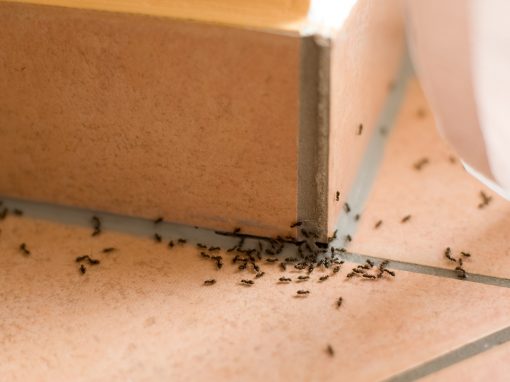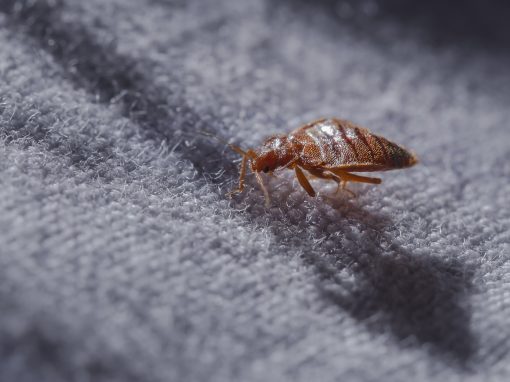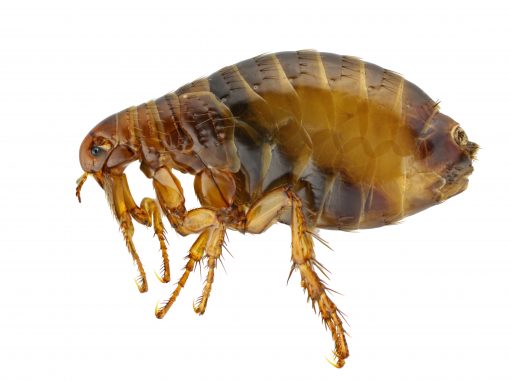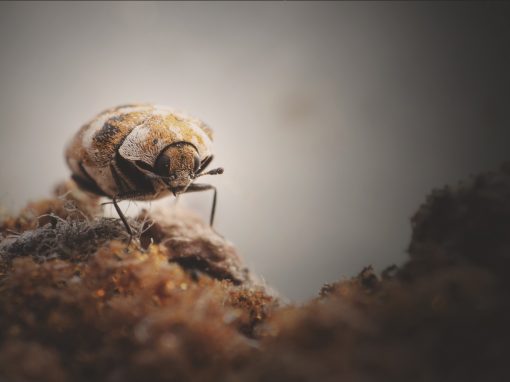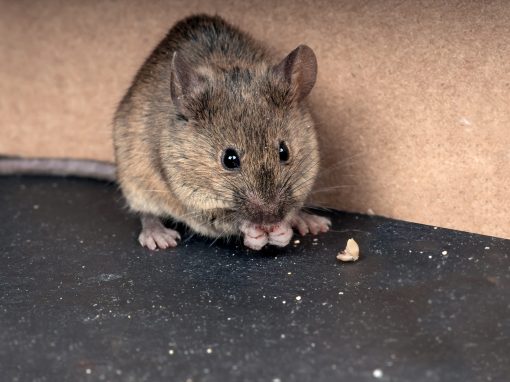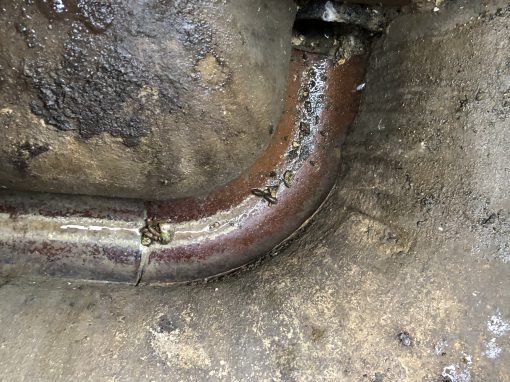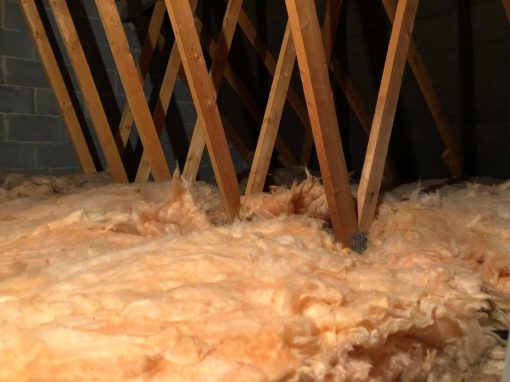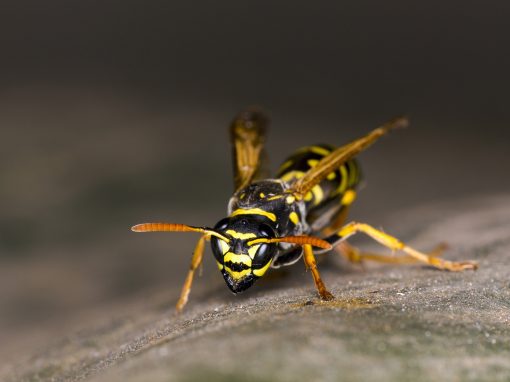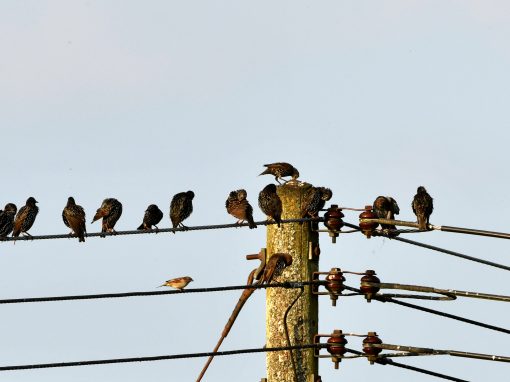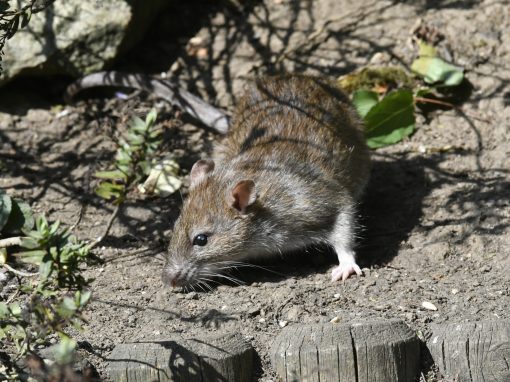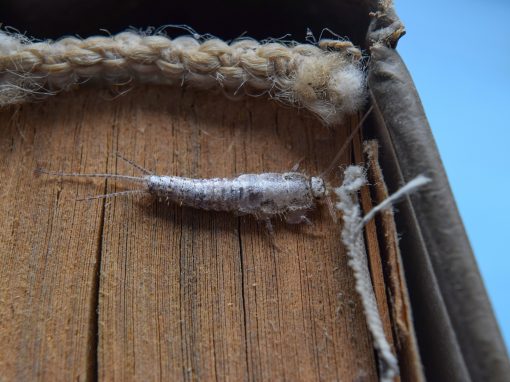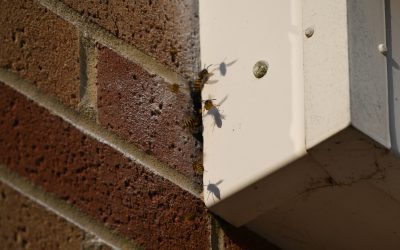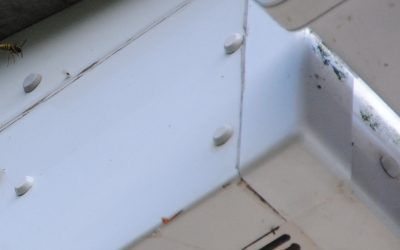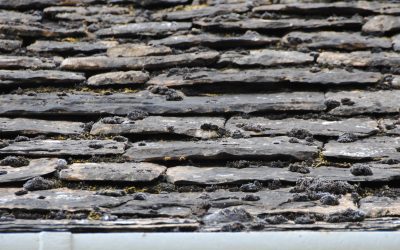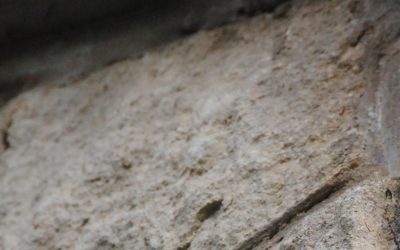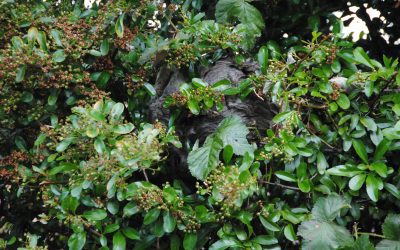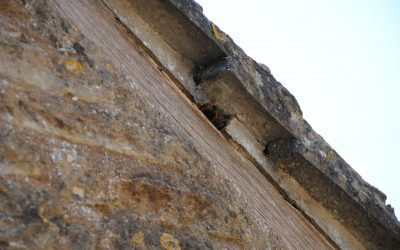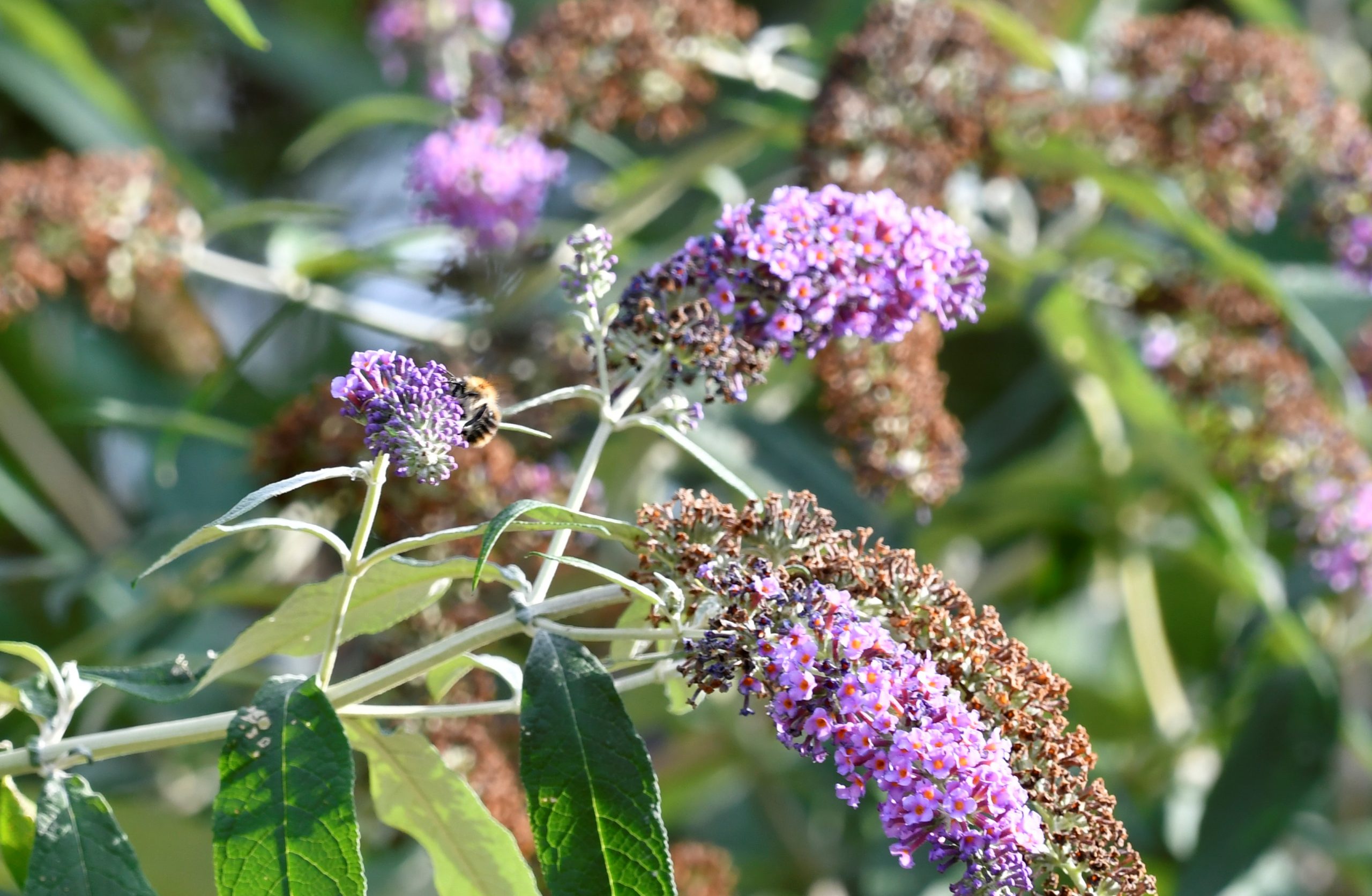
Bees
We advise all our customers to avoid interfering with bees nests as this can cause them to become aggressive, increasing the chance of being stung.
The most common bee types found in the UK are the Honey Bee, Masonry Bee, Mining Bee and Bumble Bee. These bee types also have multiple species, such as the tree bee (bumble bee) and leaf cutter bee (mining bee).
What To Do If You Find a Bee Nest
Finding a bee nest on your property can be worrisome. If treatment of the nest is not essential we recommend contacting a local beekeeper to rehome the bees. Bumble bee nests are only treated if they pose a risk to humans or animals. We do not treat honey bee nests and recommend nests are removed by a licensed bee removal company.

Booklice
Booklice are small, yellow or grey, soft bodied insects measuring between 1-6mm in length. They do not like the light, preferring to live in dark humid places.
Although common, they are not harmful and are more of a nuisance than a threat if they are found in large numbers. Booklice thrive in damp conditions, such as poorly vented bathrooms or kitchens or an unseen water leak within the property.
We will confirm if booklice are the pest invading your property, advise on ways to resolve the issue and, depending on the extent of the infestation, apply an insecticide treatment to ensure the infestation is eradicated.
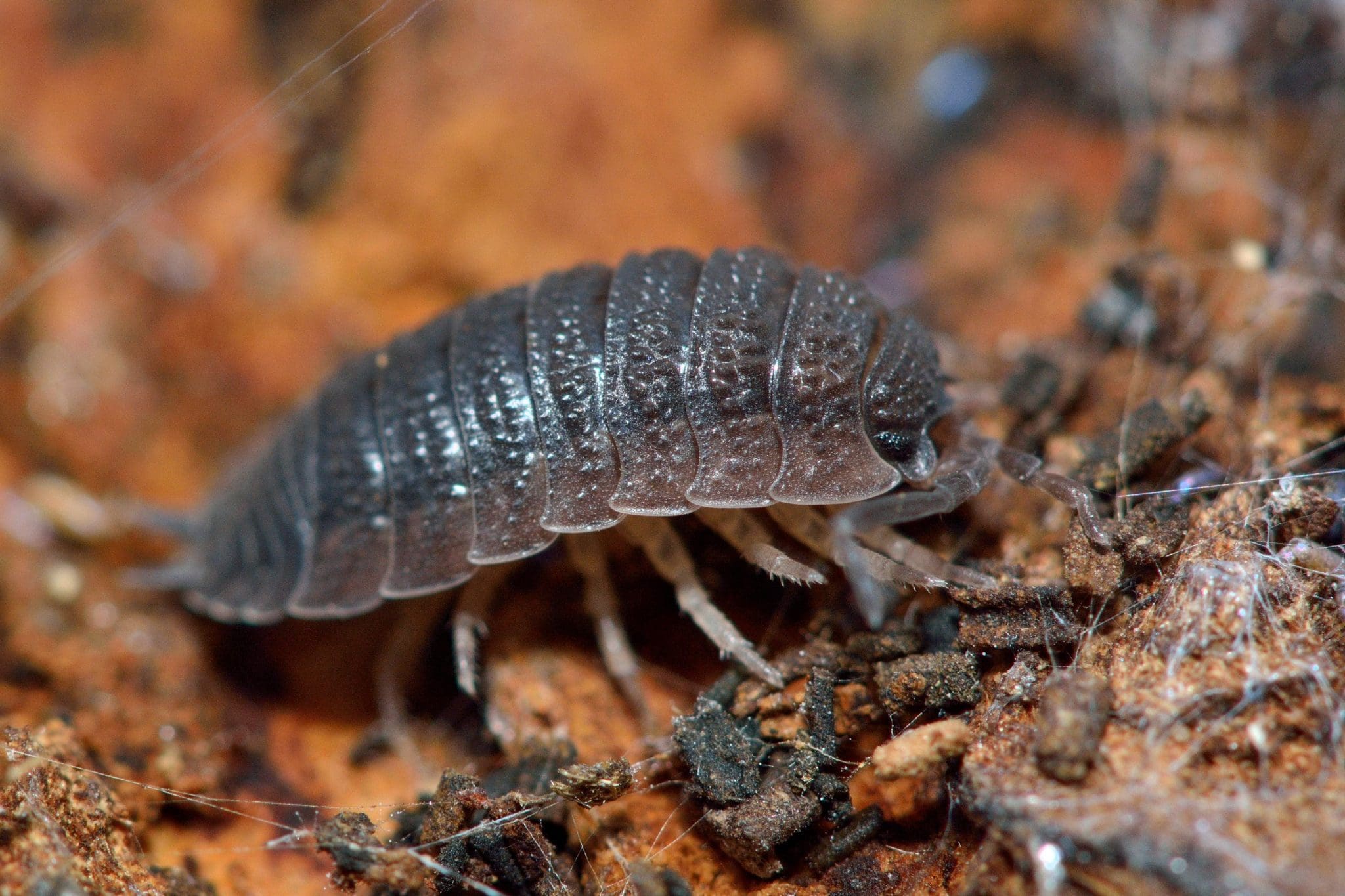
Woodlice
Commonly seen as beneficial in the garden, woodlice can also invade homes en-masse in search of moisture.
They are not considered a serious household pest as they do not spread disease, however large infestations can require professional treatment.
If you are suffering with a severe woodlouse infestation please contact us, we have experience and knowledge in how to effectively deal with woodlice alongside access to professional-use only products to treat the property and eliminate your woodlice infestation.
If treatment is not required we will advise on how to deter woodlice entering the property, allowing you to control the infestation without the need for chemicals.
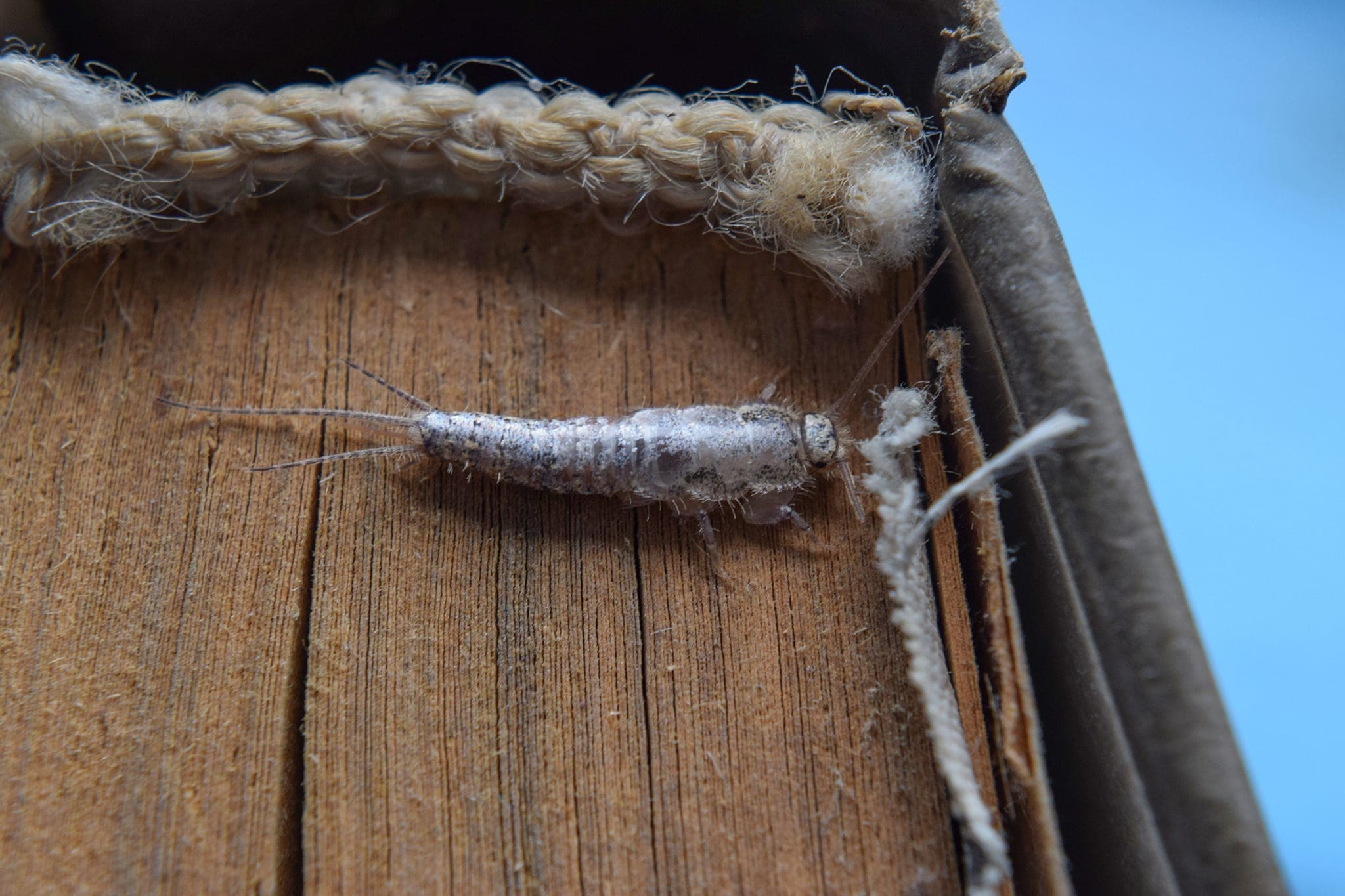
Silverfish
Silverfish are small, silvery/grey, teardrop-shaped insects. They are nocturnal, coming out at night to search for food and hiding in crevices during the day.
Despite their size, you can still find visible signs of their activity – small holes in wallpaper (sometimes with yellow stains), damage to clothes and fabrics with synthetic fibres and discoloration and damage to pages within books and covers.
Silverfish thrive in areas of high-humidity and can therefore be commonly found in bathrooms, basements, kitchens and laundry rooms. Although silverfish are not harmful to humans they can cause damage to books, wallpaper and photos.
Eliminating silverfish requires treatment of both the adult silverfish and their harbourage. Contact us to arrange your treatment today.
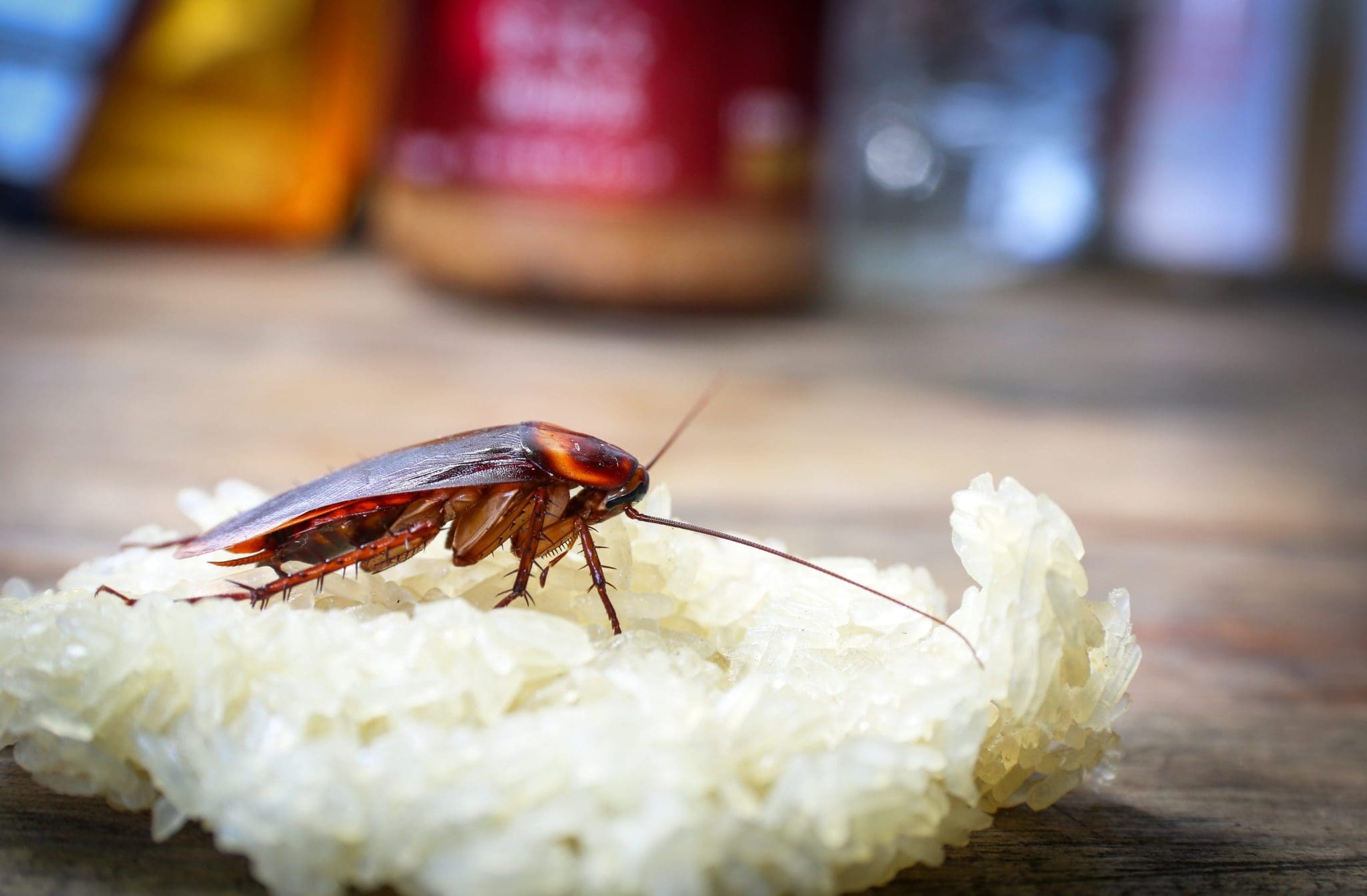
Cockroaches
Cockroaches are nocturnal, hiding in cracks and crevices during the day.
There are signs you can check for if you believe you have a cockroach problem such as droppings, smear marks and shed skins.
Cockroaches are omnivorous, eating just about anything from food stuffs, paper, leather, books, packaging, fabrics and plastics to animal matter such as hamster and rabbit droppings.
Cockroaches can be treated with a professional-use only insecticide.
If you believe you have an infestation, please contact us to discuss your cockroach problem.
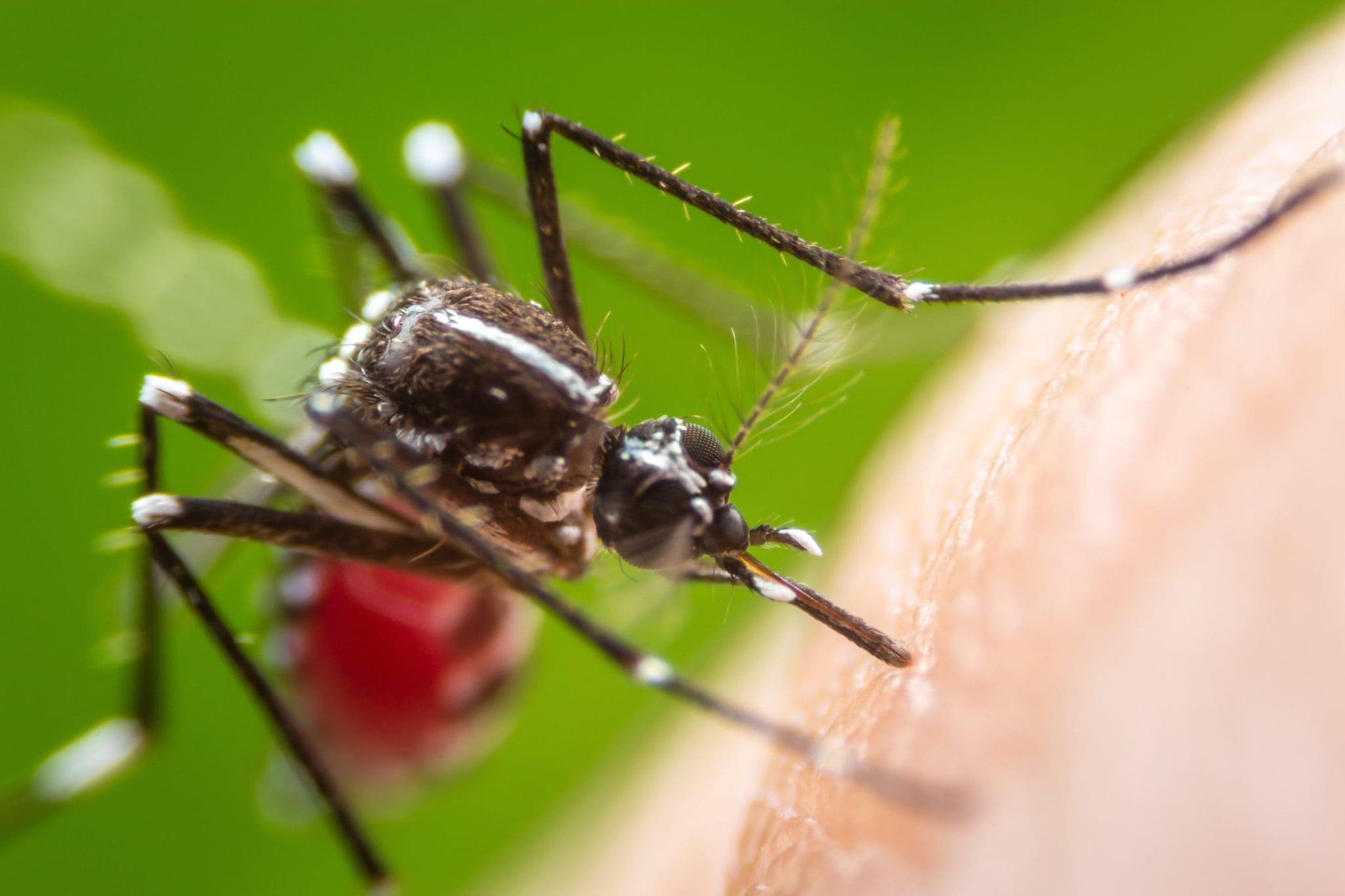
Mosquitoes
Although most UK species of mosquito are harmless, they are a nuisance and their bites can irritate. If you have ever returned from a late-night relax on the patio during the Summer to find several itchy bites then you will know what we mean!
Mosquitoes lay eggs in stagnant water, such as blocked guttering pipes and water butts. Keeping these clean can help prevent mosquito breeding sites developing.
If you are suffering with a persistent mosquito problem please contact us to arrange a visit.
We can advise on ways to eliminate the issue and if required, complete a treatment to eradicate the problem.
Stored Product Insects (SPI’s)
Stored product insects live and breed in products such as flour and grains.
Infestations can cause significant problems for businesses in particular, as they breed quickly and contaminate the product they have infested, making this unfit for human consumption.
The most common stored product insects found in the United Kingdom are:
– Rice and Grain Weevil
– Biscuit and Larder Beetle
– Indian Meal Moth and Mill Moth
– Confused Flour Beetle
– Saw Toothed Grain Beetle
If you suspect your home has been infested with a stored product insect please contact us, we will visit and identify the type of insect, advise on how to eliminate the infestation and if required, complete an insecticide treatment.
Identification is key in treating insect infestations effectively, as correct identification ensures an appropriate treatment is completed.
If you are a business involved in the distribution of stored products please contact us to arrange a quotation, we can put in place a contract to ensure your business is monitored for the presence of stored product insects and will advise on any necessary preventative measures needed to keep your products safe.
Latest Jobs…
Wasp Nest Treatment in Stonehouse
Treating a wasp nest in Stonehouse this afternoon, located behind an air conditioning unit of a local business. Reached this one with ease using our extendable pole, literally a life saver when it...
Wasp Nest Treatment in Leonard Stanley
In Leonard Stanley today to treat a wasp nest behind an air conditioning unit. Not had many nests behind these units so far this year but variety is always good!! If wasps are posing a health and...
Wasp Nest Treatment in Berkeley
Another wasp nest treatment undertaken in Berkeley today, where wasps were found going under the roof tiles. This is a common place we treat wasp nests and with our extendable equipment we reached...
Wasp Nest Treatment in Frampton-on-Severn
Today found us in Frampton-on-Severn to treat a wasp nest behind a fascia board. I think 2022 will be 'Year of the Wasps' at this rate!! Contact us to book your wasp nest treatment or check out our...
Wasp Nest Treatment in Stroud
Today started with a wasp nest treatment to a nest in a bush in Stroud! Although more unusual to be called out to nests in bushes (in comparison to those we treat on properties), we regularly treat...
Wasp Nest Treatment in South Cerney
South Cerney bound this afternoon to treat a wasp nest in the eaves. Followed up by a rat treatment in Cirencester and a return visit to complete a second flea treatment in Gloucester, all over the...
